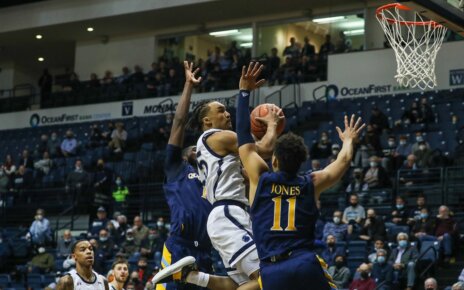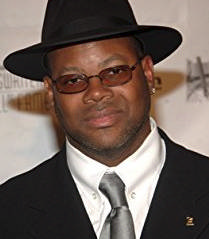The Neurodiversity Brain Collective (NBC) hosted an interest meeting on Wednesday, Nov. 13, in the Intercultural Center. Held on Zoom and in person, neurodivergent and neurotypical students met to discuss issues regarding the representation of neurodivergent individuals on campus.
Zoe Shvedov, a senior social work major, wanted to start this club to spread awareness and acceptance on campus. She and Dr. Alysson Goodwin, Ph.D., M.B.A., OTR/L, Specialist Professor in the Department of Occupational Therapy, thought this club would benefit the University. Shvedov explained, “While the idea came from Dr. Goodwin as part of a litany of projects she is doing with the goal of furthering neurodivergent access and support on campus, it naturally aligned with my previous experiences and future goals, as well as generally supporting a mission I believe in being neurodivergent myself.”
NBC plans to take Monmouth’s efforts to create an inclusive campus a step further. Shvedov said, “Monmouth University seems to be an accepting campus community with huge strides in generally diversifying, though it still has ways to go. While people are more generally aware of neurodivergence due to social media, people may not appreciate the breadth of the specific social and academic issues [neurodivergent people] face, as well as the difficulty of transitionary life periods (such as the adjustment from high school or gap year(s) to college).”
During the first meeting, Shvedov emphasized a Peer/Buddy system for incoming students who might have a hard time transitioning to a new campus. Members of NBC would serve as mentors to guide interested students.Goodwin said, “Neurodivergent students who attend college campuses report loneliness and lack of connection to be the number one barrier to success. It’s hard to help someone feel a sense of belonging without understanding who they are.”
Goodwin continued, “The Neurodiversity Brain Collective hopes to create peer partnerships to combat loneliness, share experiences, and help each other navigate systems that may not be set up for our success. NBC wants to advocate for ourselves and each other in the name of letting our brains process how they are wired without consequences. I hope to help people see the positives in variety. A diverse society is biologically stronger.”
According to Carolyn Chirichello, M.S., Assistant Director and Learning Disability Specialist, the Department of Disability Services (DDS) is not directly involved with the group. “It is great for this [NBC] to be student-driven. We would promote the club to the students registered with us, we just do not have control,” Chirichello explained. “I also think it is great for students who are also not registered with us [DDS].”
Valentine Miller, a junior Creative Writing major, attended the first NBC interest meeting. She said, “While it is difficult to judge now, because of the group’s very recent formation, I do think that it is possible that they can help make a difference on campus. They are strong advocates who understand the different types of neurodiversity and the struggles that neurodiverse people face in academia, and they seem very willing to advocate for the community as much as they can.”
Those who are neurotypical are encouraged to attend an NBC meeting to learn more about neurodiversity and share issues from their perspectives.
Shvedov said, “As well as being a place for neurodiverse students to find connection and support, we are also inclusive of neurotypical students and their perspectives—so this is something the campus community as a whole can benefit from.”
One of the goals of this club is to be a space where neurodivergent students feel safe. Shvedov emphasized, on her personal experience, “I feel that if there was a wider understanding of neurodiversity, as well as a place for me to safely discuss my struggles and seek guidance without judgment, maybe my life path could have been more straightforward and much less bumpy.”
Because students with disabilities are often not thought about in terms of diversity, Miller and Chirichello both believe NBC is a step in the right direction. Miller explained, “I feel the leaders and faculty advisor really care about making a welcoming environment for neurodiverse people, who are often the last people thought of in academia. While it won’t be easy, I think that they will be strong advocates for the neurodiverse community on campus.”
Chirichello concluded, “My hope is that this group continues when the student who started this club graduates. There have always been neurodiverse people, and they do not want to be silenced anymore.”
The next interest meeting for NBC is Wednesday, Dec. 5, at 2:30 p.m. on Zoom or in person in the Intercultural Center Lounge.




